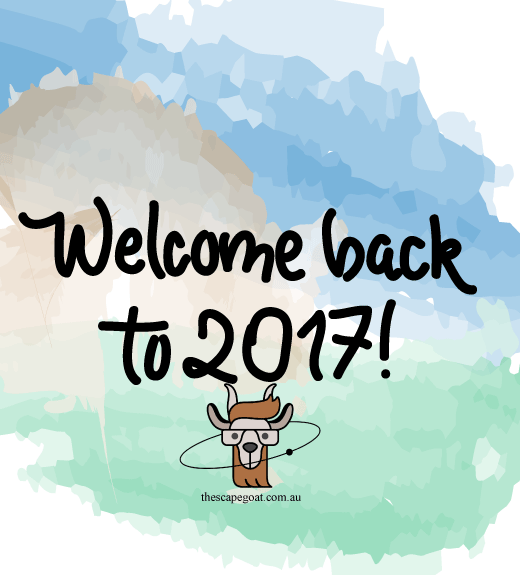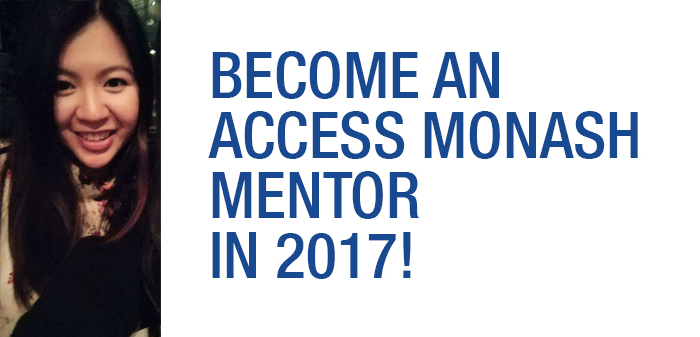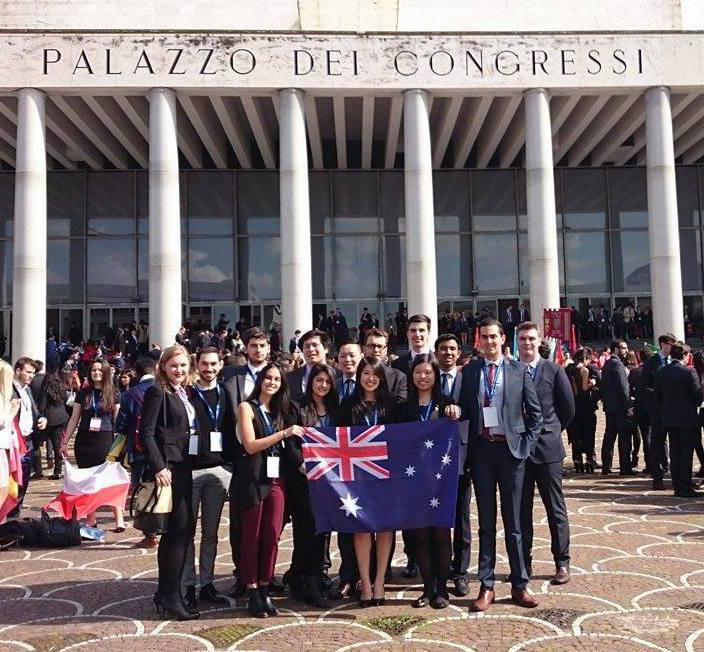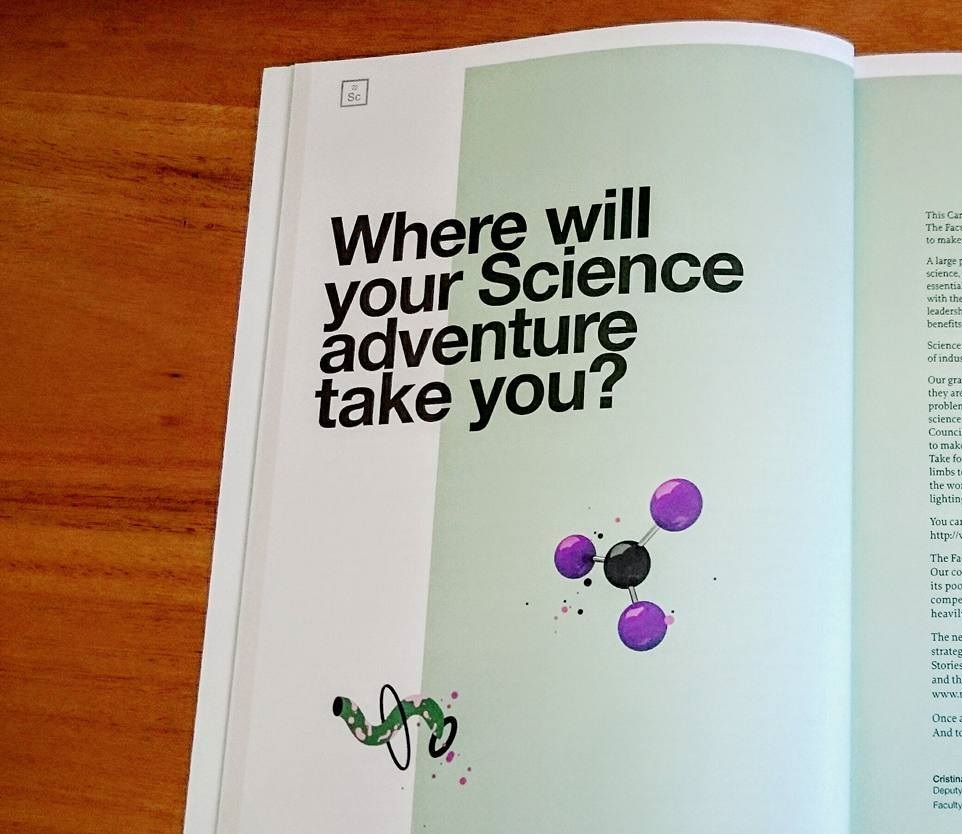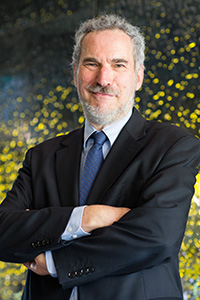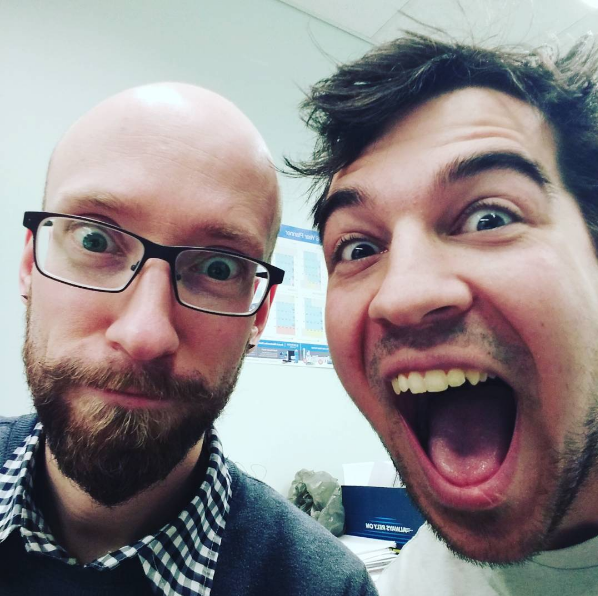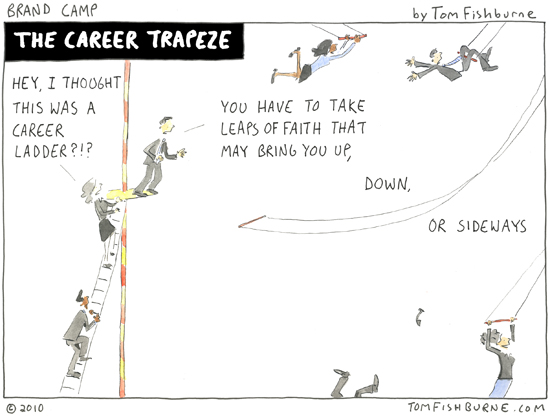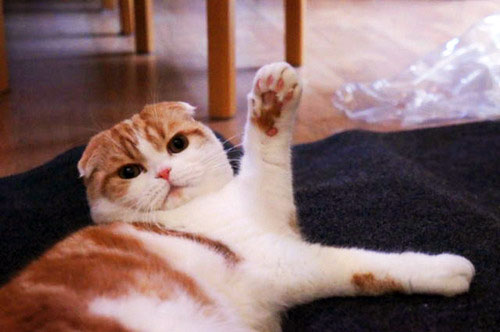By Carl Wang, Science student
As a student interested in the medical sciences I am always torn between medicine and research. Some days I gather the resolve to push the boundaries of human knowledge, whilst other days I endeavour to ease the burden of suffering one patient at a time.
In my conflict, I decided to talk to someone who has been through both. Enter Professor Ross Coppel, a man who, starting with an MBBS, has branched out into fields such as microbiology, bioinformatics, and molecular biology. He is currently the Deputy Dean and Director of Research in the Faculty of Medicine, Nursing, and Health Sciences.
Ross’s qualifications and accolades are as varied and plentiful as the man’s interests in the fields that make up biomedical research, and an expanded biography may be found at http://www.med.monash.edu.au/microbiology/staff/coppel.html


